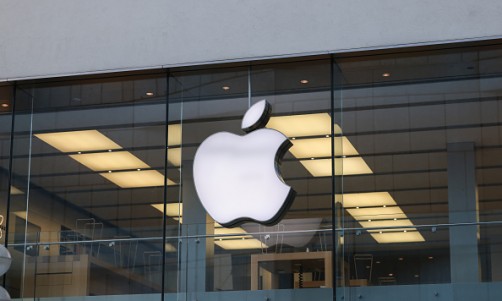Trying to be different in a highly competitive market is a tough task for TV manufacturers and the only way out is to connect TVs to multiple platforms. TV manufacturers have realized the need to offer some compelling reasons for consumers to choose their brand over a competitor's. As a result, nearly 85 percent of all flat-panel TVs produced in 2016 will be smart TVs, Gartner predicts. Worldwide unit production of flat-panel smart TVs will grow from 69 million in 2012 to 198 million in 2016. Worldwide unit production of smart TVs in 2013 is expected to reach 108 million.
"In the end, the choice may be all about the extra content that one TV brand offers over another. Consumers will be asking questions such as, which Internet TV services can the TV access? Are these the sites I think are valuable? Can I use my smartphone or tablet with this TV?" said Paul O'Donovan, principal research analyst at Gartner.
The research firm defines a typical smart TV as having the ability to search the Internet for video content and then play that content back. It may or may not include a browser, but there is the functionality to add apps from an app store operated either by the TV manufacturer or by a third party. The functionality of the smart TV can include an interactive capability with live TV broadcasts, as well as a range of connectivity options to other consumer devices such as smartphones, tablets or PCs. Today's smart TVs can access video content on the Web in many ways - such as via YouTube, Netflix, Hulu and other sites, as well as social networks - and can run some applications commonly found on devices such as smartphones or tablets.
Internet-connected smart TVs will be able to access a wide variety of content from the Internet over a broadband connection, and will receive traditional TV broadcasts via terrestrial transmissions or via satellite, cable or an Internet Protocol TV (IPTV) set-top box. They will still be connected in this way because pay-TV services will continue to carry much of the premium TV content - such as sports and events - that will not be readily available over the Internet.
"It is critical for the TV industry during this global economic downturn and decline in consumer confidence levels, to sustain sales and maintain or grow market share - especially in emerging markets. This is difficult when demand has slowed, so the extra functionality offered by smart TVs becomes the product differentiator - if prices are already competitive and all other variables are equal between brands," O'Donovan said.










